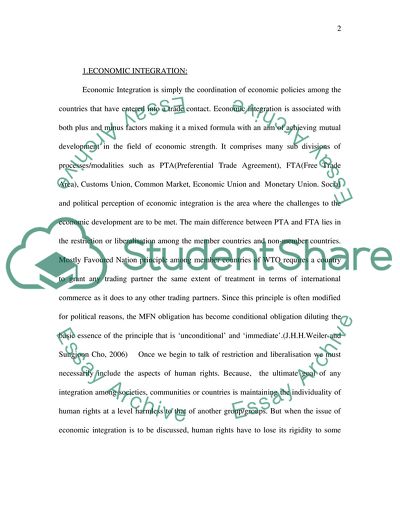Cite this document
(The ECJ Subordinates Human Rights to the End of Closer Economic Coursework, n.d.)
The ECJ Subordinates Human Rights to the End of Closer Economic Coursework. https://studentshare.org/law/1708740-the-ecj-clearly-subordinates-human-rights-to-the-end-of-closer-economic-integration-in-the-community
The ECJ Subordinates Human Rights to the End of Closer Economic Coursework. https://studentshare.org/law/1708740-the-ecj-clearly-subordinates-human-rights-to-the-end-of-closer-economic-integration-in-the-community
(The ECJ Subordinates Human Rights to the End of Closer Economic Coursework)
The ECJ Subordinates Human Rights to the End of Closer Economic Coursework. https://studentshare.org/law/1708740-the-ecj-clearly-subordinates-human-rights-to-the-end-of-closer-economic-integration-in-the-community.
The ECJ Subordinates Human Rights to the End of Closer Economic Coursework. https://studentshare.org/law/1708740-the-ecj-clearly-subordinates-human-rights-to-the-end-of-closer-economic-integration-in-the-community.
“The ECJ Subordinates Human Rights to the End of Closer Economic Coursework”. https://studentshare.org/law/1708740-the-ecj-clearly-subordinates-human-rights-to-the-end-of-closer-economic-integration-in-the-community.


